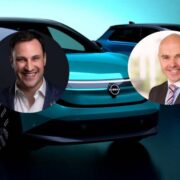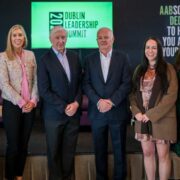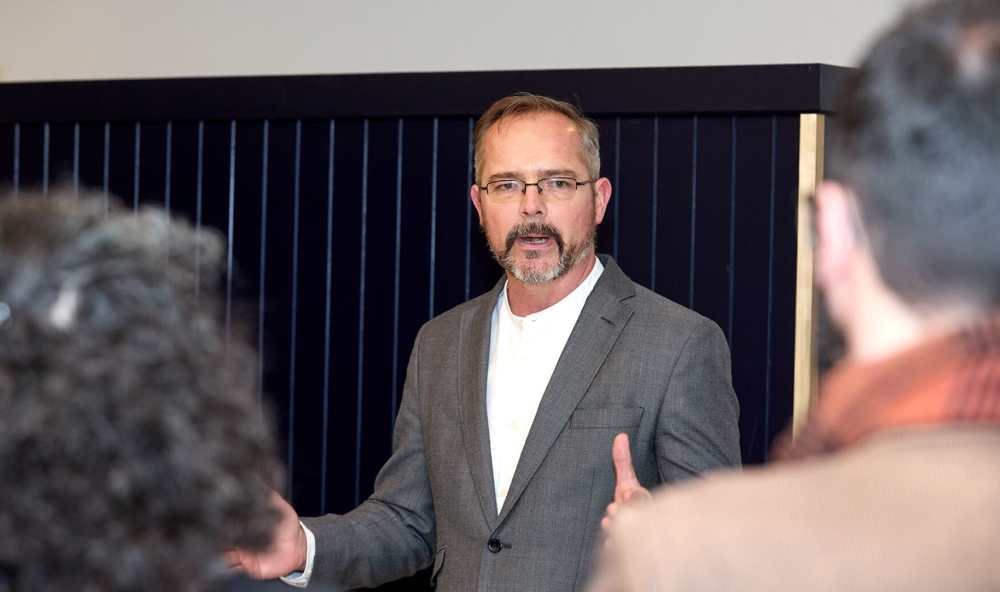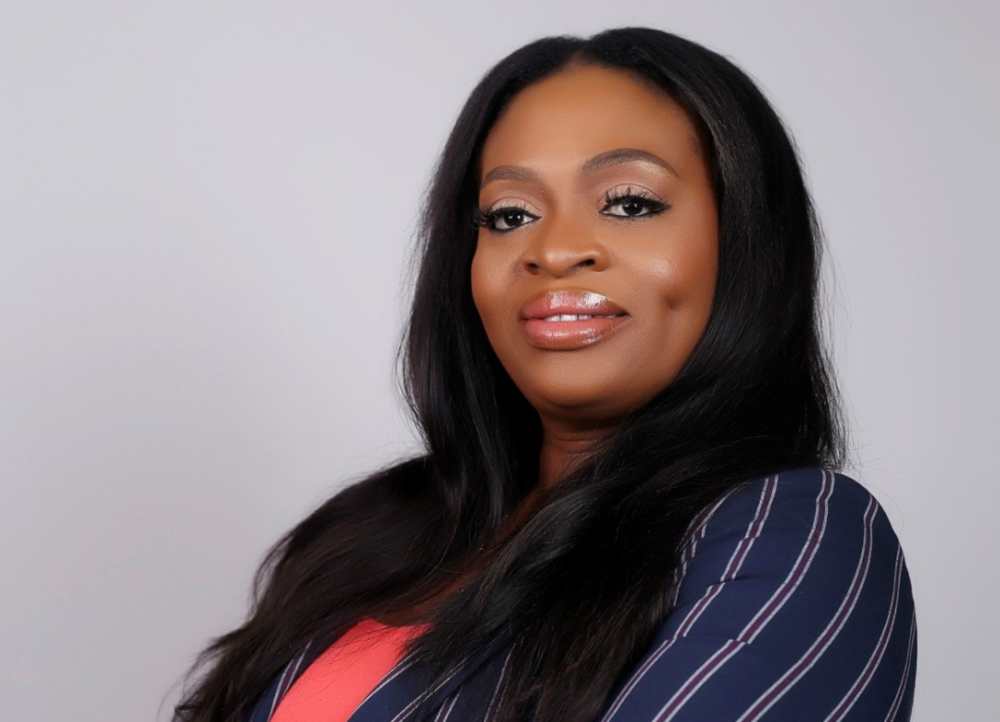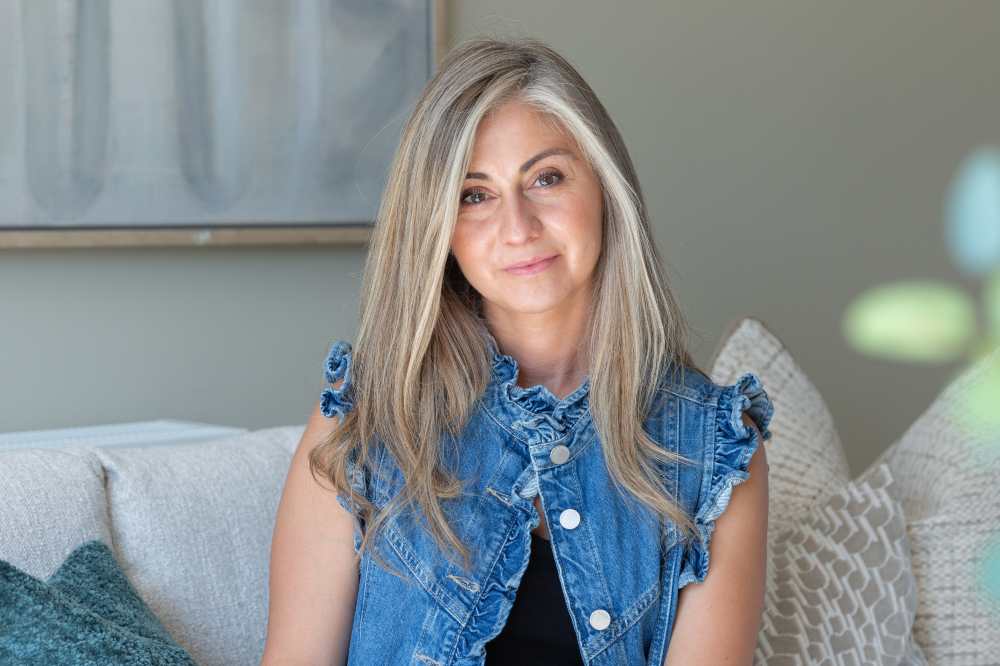David Lane, managing director of Ecclesiastical Insurance in Ireland, shares his life and business lessons.
David has led Ecclesiastical Ireland since 2012, guiding its work in niche insurance while supporting significant campaigns that protect heritage sites, fund charities, and invest in education.
Ecclesiastical is part of the Benefact Group, which has contributed over €250m to good causes across the UK and Ireland since 2014.
“We are approaching the end of a five-year strategic cycle, during which we set ourselves a target of giving €250m to good causes and, in Ireland, profitably doubling the size of our business”
He set up Transamerica Insurance Finance Company in Ireland in his twenties, and went on to run one of General Electric’s insurance businesses in Ireland and subsequently the company’s western region. He is a Certified Insurance Director with insights into risk management and industry trends.
Tell us about your background, what journey did you take to arrive at where you are?
I have been managing director of Ecclesiastical Insurance in Ireland since 2012. I started my career as a graduate trainee with Coyle Hamilton Insurance Brokers (now Willis) and moved into insurance premium finance with Irish Life Finance Group before setting up Transamerica Insurance Finance Company (TIFCO) in Ireland in my mid/late twenties.
My time at TIFCO brought lots of learning, including my first experience of operating outside of Ireland and probably, most significantly, the realisation of the importance of getting out of your comfort zone to really grow and develop yourself.
“I think that to be successful, it’s essential to stay true to yourself and cultivate a leadership style that reflects your individuality”
Moving to General Electric (GE) after five years gave me the opportunity to avail of their well-recognised leadership development programmes, which led to working with some excellent people and role models across many countries.
Continuous learning and development are areas I enjoy, and I have no doubt that they are a core element of any successful career. My initial role in GE was to lead one of their insurance businesses in Ireland, and about halfway through my twelve years with the organisation, they did an IPO of some of their insurance businesses, and we became Genworth Financial.
At this stage, I got the opportunity to broaden my international experience by leading the Western Region which included Ireland, UK, France, Germany, Switzerland, Netherlands and Belgium. Leading a team across a wide range of countries taught me a lot about embracing diversity and different cultures. I also learnt the importance of building the best team possible, by recruiting people who are not only capable of delivering the technical aspects of their roles, but also whose personalities fit the culture of the organisation.
Having recruited an excellent cohort of people, it is critical to trust them to do their jobs, and to ultimately deliver on both their personal and the collective goals of the company. It takes time to learn to delegate, but you will not be successful without it!
Why are you doing what you are doing? What need are you meeting? What’s your USP?
Ecclesiastical Insurance which is proudly part of the Benefact Group provide outstanding specialist propositions in our core market sectors of faith, charity, heritage and education. This means that all of our available profits go to good causes for the purpose of transforming lives and communities.
Before joining, I found the purpose and structure of the company enlightening, and today it is still as much if not more motivating to know the positive impact that we are having on the communities in which we operate.
To put this into perspective, the Benefact Group donated over €250m to good causes in the past 10 years alone.
What are your growth plans?
We are approaching the end of a five-year strategic cycle, during which we set ourselves a target of giving €250m to good causes and, in Ireland, profitably doubling the size of our business.
“During my career, my experience has taught me that there is no set formula for success, and that each person needs to develop their own leadership style”
Unlike most businesses, our primary measure of success is how much we generate to give to good causes, and while we have not finalised our growth plans for our next strategic cycle, this will be a central pillar.
What are your key skills and qualities that set you apart?
During my career, my experience has taught me that there is no set formula for success, and that each person needs to develop their own leadership style. There are lots of books on leadership and I have been fortunate to work with some fantastic role models from whom I have learnt a huge amount. In my opinion, in order to be successful it is really important to be yourself and develop your own unique style. Henry Ford said “if you think you can or you can’t- you’re probably right”, and that summarises my belief nicely. You have to have the right attitude and a belief in your own ability.
What (or whom) has helped you most along the way? Who was your greatest mentor/inspiration?
I have been fortunate to work with some fantastic role models from whom I have learnt and, in some cases, continue to learn a huge amount. I see a lot of correlation between leading a successful business and leadership in sport. I take learnings from a wide range of people, some of whom I have worked with, others whom I have met and some whom I have read about.
What was the greatest piece of business advice you ever received?
I have received lots of really good advice from many people during my career, and things like being constantly curious, open to change, and pushing yourself out of your comfort zone all feature strongly. I think that to be successful, it’s essential to stay true to yourself and cultivate a leadership style that reflects your individuality.
In your opinion, what qualities mark the difference between success and failure in business?
There are many reasons why people are successful (or not) in business, but I would pick out the following from my own experience:
- Be yourself and believe in your ability
- Build the best team – trust them and learn to delegate- you will not be successful without it
- Have a clear vision for what you want to achieve
- Know your numbers
- Get out of your comfort zone
How did you navigate your business through the pandemic and what lessons did you learn?
We are fortunate that we have an incredible team at Ecclesiastical Insurance, and working through the pandemic is a perfect example! The team pivoted from being predominantly office based to working remotely overnight, without dropping our high levels of service or productivity.
“I have learnt as much, if not more, from challenging times, or when things did not go according to plan. They remain an important part of the journey”
It highlighted many things, but particularly the importance of staying connected, regularly checking in with people, the importance of flexibility and working with people who trust each other. The pandemic changed and improved the way we operate as a business. I sometimes think back and compare the way we operated in the initial period with Skype and conference calls, to today, where we utilise the advanced technology available through Teams calls and no longer have actual telephones in our offices!
Where do you see technology heading – and how will it affect business and your work specifically?
About ten years ago I was at an event where a speaker from one of the large technology firms made a comment along the lines that technology at that time was developing at the slowest pace that it would for the remainder of our lives.
While I was probably not convinced at the time, in hindsight he was correct! Technology is so central to everything that we do in our lives, including work, and it is critical to embrace it and use it to improve our business.
My primary objective would be to utilise it to drive efficiencies that ultimately lead to an improved customer and colleague experience.
If you were to do it all over again, what would you do differently?
The experiences that I have had throughout my career are what has brought me to where I am today, and while I may have accelerated or slowed down a few things, overall, I am not sure that I would like to do a lot differently.
I have learnt as much, if not more, from challenging times, or when things did not go according to plan. They remain an important part of the journey.
Who inspires you in business today?
I am more inspired by people who make a positive difference in people’s lives or to society in general, than people who are driven by material success.
What advice/guidance do you give new hires and how do you nurture talent in your organisation?
I encourage new hires and all colleagues to constantly challenge and develop themselves. We have a combination of very experienced people, all the way through to apprentices and students on internships.
We can all learn from each other. We expect and support our colleagues to develop their professional qualifications and utilise leadership and development opportunities available within the Benefact Group and externally.
What business books do you read or would recommend?
I read a lot of business and sports books, but my favourite is a very short one called Fish! by Stephen C. Lundin.
Finally, if you had advice for your 21-year-old self – knowing what you know now – what would it be?
Be yourself and believe in your own ability!
-
Bank of Ireland is welcoming new customers every day – funding investments, working capital and expansions across multiple sectors. To learn more, click here
-
For support in challenging times, click here
-
Listen to the ThinkBusiness Podcast for business insights and inspiration. All episodes are here. You can also listen to the Podcast on:
-
Spotify
-
SoundCloud
-
Apple

